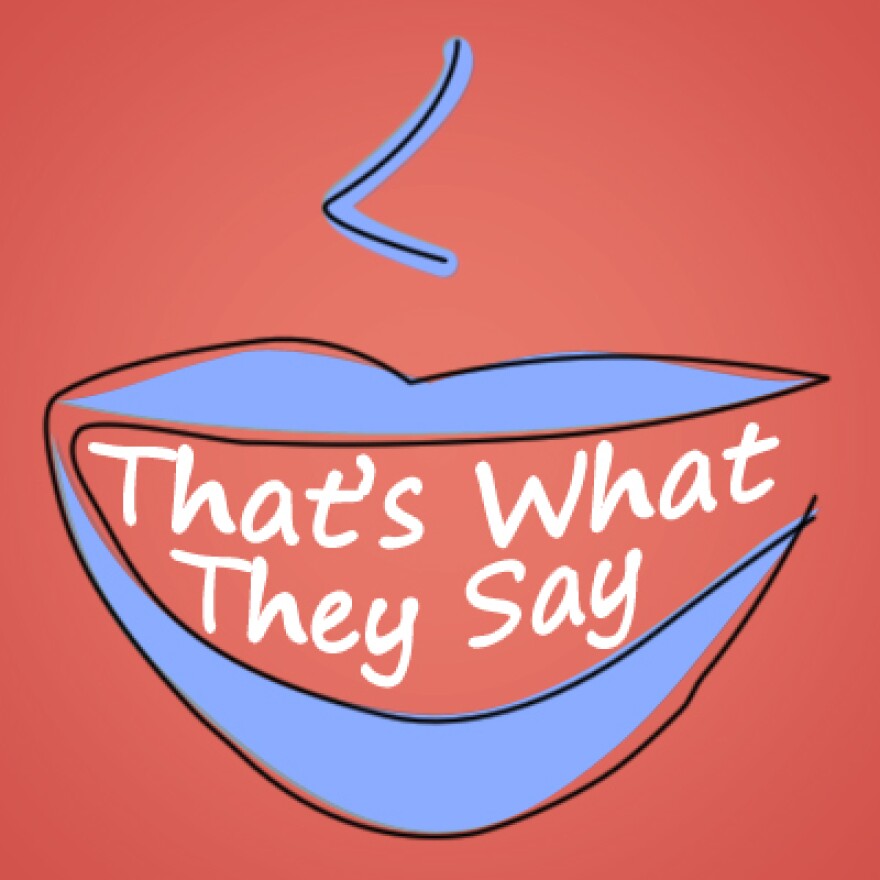Have you ever heard of the "needs washed" construction? That's when the verb "need" is followed by a past participle like "washed" or "fixed" without "to be." For example, "That dish needs washed."
Two listeners recently wrote to us about this. One says she started to hear it when she moved to Michigan and the other after moving to northwest Ohio.
Both say it's driving them crazy.
There have been a lot of studies of "needs washed" as a regional feature in American English. While the epicenter seems to be western Pennsylvania, particularly Pittsburgh, it can also be found in portions of Michigan, Ohio, Indiana, Illinois and West Virginia.
The construction "needs washed" appears to be from Scots-Irish. It primarily occurs with "needs," but you can also find it with "wants" or "likes." For example, "the dog wants petted" or "the plant likes watered every day."
Some of you may be thinking that you would never use this construction or that it isn't part of your particular variety of American English. If you think about though, it may start to become more natural. For example, you might be able to say something like, "This needs taken care of first." Or maybe something like "There's so much that needs said."
In short, the "needs washed" construction is a grammatical construction for the dialects that use it. Other dialects use "needs to be washed," but both constructions are systematic: it just depends on which variety of American English you happen to speak.
Does your particular dialect have any unique grammatical constructions?
_





